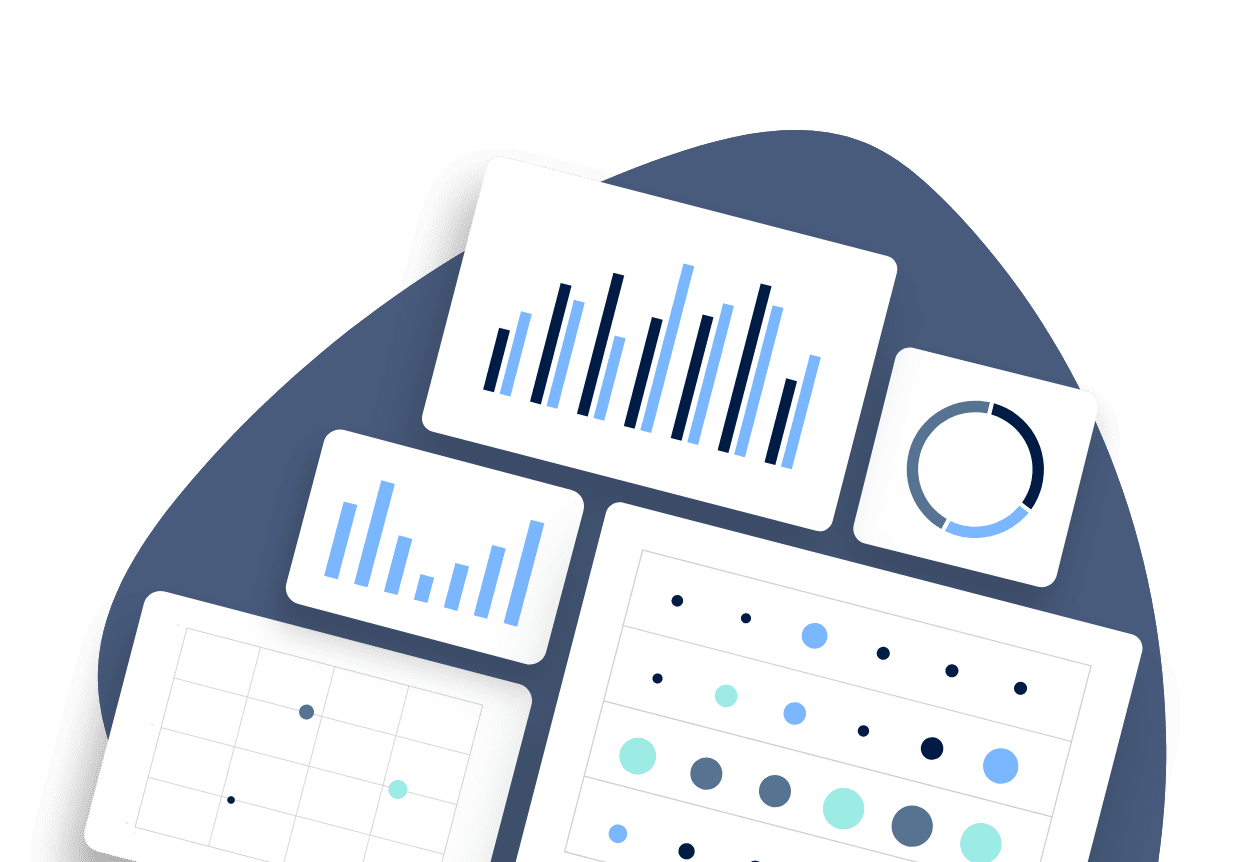In the digital era, social media has become an indispensable tool for businesses to connect with their audience. However, merely being present on social platforms is not enough. Understanding how well your content engages your audience is crucial for success. This is where benchmark social media engagement comes into play.
Benchmark Social Media Engagement Tools

A variety of tools and techniques are available for benchmark social media engagement effectively.
1. Overview of benchmarking tools
Tools like AIM Insights, Hootsuite, and Buffer provide comprehensive analytics dashboards that track engagement metrics across multiple platforms.
2. Techniques for effective benchmarking
Effective benchmarking involves setting clear objectives, selecting relevant metrics, and comparing performance against industry benchmarks and competitors.
Interpreting Benchmark Data
Once benchmarking data is collected, it’s essential to interpret the results accurately to derive actionable insights.
1. Analyzing benchmarking results
Identify trends, patterns, and outliers in the data to understand what’s working and what’s not in your social media strategy.
2. Adjusting strategies based on insights
Use benchmarking insights to refine content strategies, optimize posting schedules, and enhance audience engagement.
Understanding Social Media Engagement Metrics
Social media engagement metrics encompass likes, shares, comments, and other interactions with your content. These metrics provide valuable insights into how your audience perceives and interacts with your brand. Benchmarking these metrics against industry standards and competitors allows businesses to gauge their performance effectively.
1. Types of engagement metrics
Engagement metrics can be categorized into quantitative (likes, shares, etc.) and qualitative (sentiment analysis, brand mentions, etc.). Both types provide valuable insights into audience behavior and preferences.
2. Importance of benchmarking
Benchmarking social media engagement metrics helps businesses set realistic goals, track progress, and identify areas for improvement. It also provides valuable insights into industry trends and competitor strategies.
Choosing the Right Social Media Platforms
Not all social media platforms are created equal. Each platform caters to a unique demographic with distinct engagement behaviors. Therefore, it’s essential to choose the right platforms based on your target audience and business objectives.
1. Identifying the target audience
Understanding your target audience’s demographics, interests, and online behavior is crucial for selecting the most effective social media platforms.
2. Platform-specific engagement metrics
Different platforms have different engagement metrics. For example, Instagram focuses on likes and comments, while LinkedIn emphasizes professional networking and content sharing.
Best Practices for Improving Social Media Engagement
Creating engaging content and fostering meaningful interactions are key to improving social media engagement.
1. Content creation strategies
Craft compelling and visually appealing content that resonates with your target audience’s interests and values.
2. Community engagement tactics
Build relationships with your audience by responding to comments, initiating conversations, and actively participating in relevant discussions.
Future Trends
As social media platforms evolve and new technologies emerge, the landscape of engagement benchmarking is expected to undergo significant changes.
1. Emerging trends and technologies
AI-driven analytics, augmented reality filters, and influencer marketing are among the emerging trends shaping the future of social media engagement benchmarking.
Conclusion
In conclusion, benchmark social media engagement is a vital component of any digital marketing strategy. By understanding and benchmarking key metrics, businesses can gain valuable insights, optimize their social media presence, and stay ahead of the competition. If you’re ready to take your social media engagement to the next level, consider requesting a demo from AIM Technologies. Our innovative solutions can help you analyze, track, and optimize your social media performance with ease.
FAQs
What are the most important social media engagement metrics to track?
- The most important social media engagement metrics to track include likes, shares, comments, clicks, impressions, reach, and conversion rates. These metrics provide insights into how your audience interacts with your content and can help you measure the effectiveness of your social media strategy.
How often should I benchmark my social media engagement?
- The frequency of benchmarking your social media engagement depends on your business goals, industry trends, and the level of activity on your social media platforms. As a general guideline, consider benchmarking your social media engagement at least once a month to track performance over time and make informed decisions about your content strategy.
Can benchmarking help me identify industry trends?
- Yes, benchmarking can help you identify industry trends by comparing your social media performance against industry benchmarks and competitors. By analyzing trends in engagement metrics, content types, and audience behavior, you can gain valuable insights into emerging trends and adjust your strategy accordingly to stay competitive.
Are there any free tools available for social media engagement benchmarking?
- Yes, there are several free tools available for social media engagement benchmarking, including Google Analytics, Facebook Insights, Twitter Analytics, and LinkedIn Analytics. These tools provide valuable data on audience demographics, engagement metrics, and content performance, allowing you to track and analyze your social media presence effectively.
How can I use benchmarking data to improve my social media strategy?
- You can use benchmarking data to improve your social media strategy by identifying strengths and weaknesses in your current approach, understanding audience preferences and behavior, and gaining insights into competitor strategies. By analyzing benchmarking data, you can make informed decisions about content creation, posting schedules, audience targeting, and engagement tactics to optimize your social media performance and achieve your business objectives.




